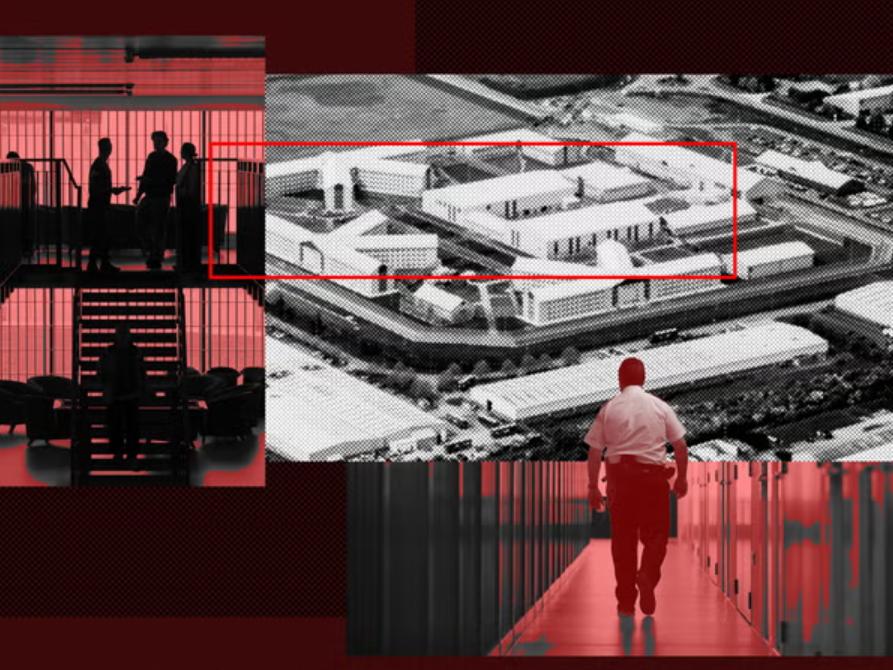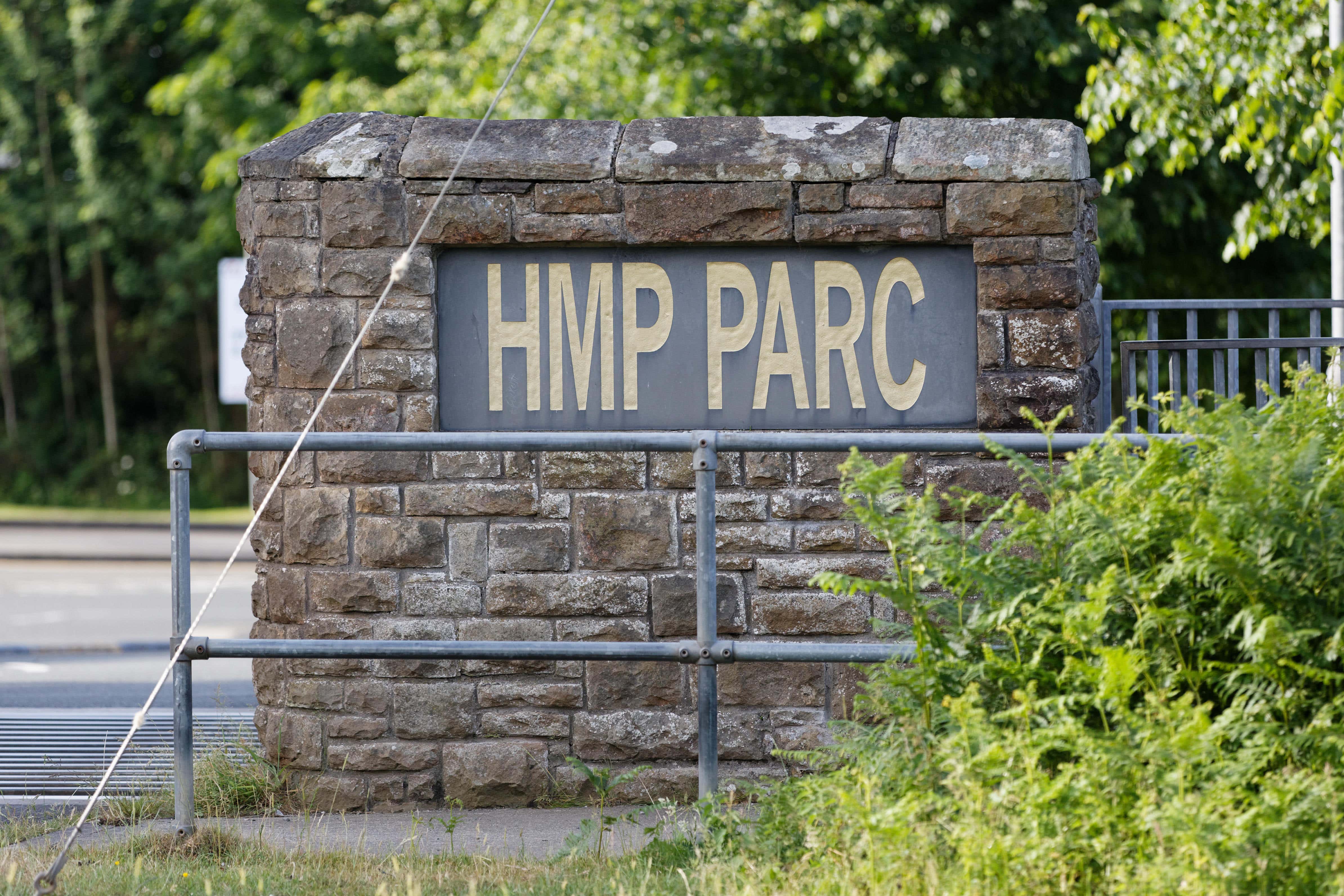The government’s troubled flagship “super-prison” has now seen its third leadership change in just two years after its governor was sent to take over at another struggling jail – in a situation likened to “Titanic deckchairs”.
Repeated leadership changes have caused disruption since HMP Five Wells opened in March 2022, inspectors warned in April, with nearly two-thirds of staff having already quit and drug use rampant. However, the jail’s new governor Will Styles was praised for bringing some stability to the prison.
But Mr Styles has now been sent to take over at a different G4S jail instead, HMP Parc, where 10 prisoners have died in the space of three months, sparking protests and disorder.
“Staff need leadership, not Titanic deckchairs,” said Professor John Podmore, former governor of Belmarsh, Brixton and Swaleside.
The creation of six new super-prisons are central to Tory and Labour plans to fix the crisis engulfing Britain’s prison system by creating 20,000 new prison places.
But Professor Podmore said the difficulties evidenced at Five Wells showed the “policy of building their way out of a crisis is failing and doomed to failure”.
The first inspection at Five Wells, carried out in December, alarmingly highlighted that just 272 of the nearly 750 staff hired since the prison opened less than two years prior still remained in post – leaving it dependent on officers loaned from other jails.
And inspectors warned the flood of illicit drugs at the new G4S-run jail “had the potential to undermine the stability of the prison”, with around a third of inmates found to be using drugs in random testing.

Rates of violence and self-harm had reduced from the “turmoil” reported in the prison’s first two years of operation, but the latter was still very high with 1,256 recorded incidents in a year.
Prof Podmore told The Independent: “If you’ve spent a quarter of a billion pounds [building Five Wells] – two years in [and there’s] bugger all in the way of education, training and employment, a third of the prison’s on drugs and 500 staff have left… Shouldn’t we be doing a bit better than that?”
“If your house is falling off a cliff, you don’t build a conservatory on it – this is what they’re doing. You can’t add to a failing system,” he said, adding: “There’s no point building places people don’t want to work in and that people don’t want to lead.”
“Yes, there’s a money problem; yes, there’s an overcrowding problem – but look at drugs, look at staffing,” he added. “That’s not about overcrowding, that’s about how the Prison Service is run.”
Expressing concern at the situation at HMP Parc, Prof Podmore warned the Bridgend prison was “ground zero” for a crisis of lethal new synthetic opioids “about to engulf our prisons”.
Senedd members have warned of a scandal unfolding at Parc, which has already suffered more deaths than any Welsh prison on record in a single year. Four are believed to have involved synthetic opioids, with another death potentially also drug-related, police said in April.
One 19-year-old recently recalled to the prison had been on suicide watch when he took his own life, having struggled with addiction, his aunt told ITV Wales in late May, during a protest held outside the prison by bereaved families.

Just days after the protest outside, riot officers were called to HMP Parc on 31 May in response to disorder involving 20 prisoners on a wing housing 100 inmates. In a simultaneous incident, an altercation between three prisoners left each requiring hospital treatment.
G4S said the two “short-lived incidents were resolved by onsite G4S staff”, with all 20 prisoners returned to their cells by the time riot officers arrived at the jail, with no prisoners or staff injured.
Again on Monday night, an inmate was rushed to hospital with facial injuries following an altercation involving a weapon, just days after G4S told Wales Online that a prisoner had been taken to hospital as a precaution and another assessed by onsite medics in two “suspected drug-related incidents”.
The firm said it was strengthening security measures to prevent drugs entering Parc, had carried out a prison-wide lockdown search as soon as synthetic opioids were detected, and had trained over 500 frontline staff in administering the overdose-reversal drug naloxone, in a move praised by experts.
Mr Styles – who had been praised for bringing stability to Five Wells – has now taken over at HMP Parc after Heather Whitehead, appointed only last August, left by mutual agreement, G4S said.
He will be replaced by Pete Small, whose approach at HMP Rye Hill was lauded by inspectors in a recent report highlighting innovation and best practice, G4S noted. The report concluded that consistency in leadership roles is required to maintain a positive culture in prisons.
A G4S spokesperson said Mr Styles had been instrumental in bringing Five Wells to full occupancy and “establishing the foundations of a safe, respectful and purposeful environment for prisoners and staff”, adding that violence and self-harm had continued to fall since the December inspection.
G4S said it was pleased inspectors had highlighted examples of good practice at Five Wells around prisoner support, adding: “We are committed to developing a stronger and broader purposeful activity, skills and education programme to enhance employment opportunities for prisoners.”








